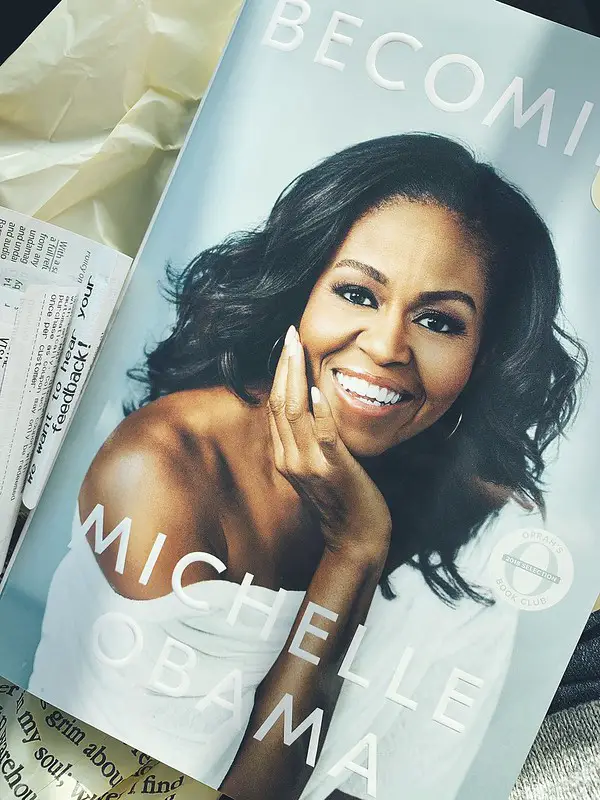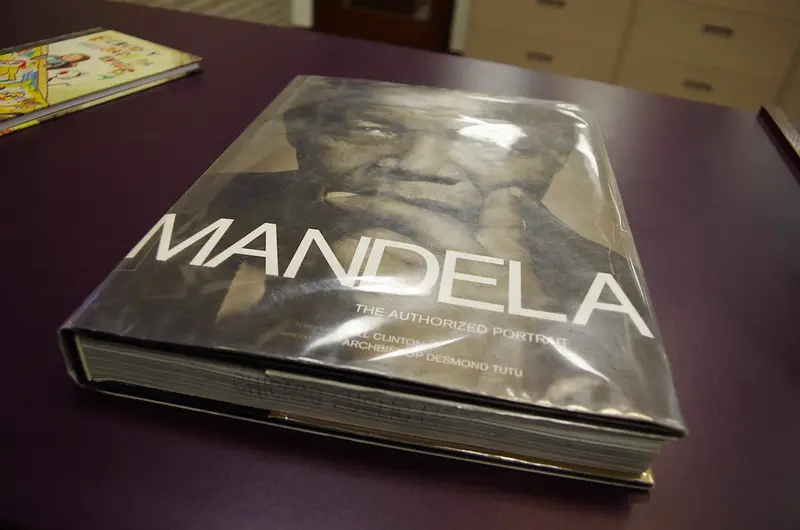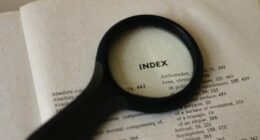A biography is typically written by someone else about the subject’s life, while an autobiography is usually written by the subject themselves. A biography often focuses on important events and accomplishments in a person’s life, while an autobiography gives a more personal account of what it was like to live through those experiences.
The definition of a biography
A biography is a written account of the life of another person. It is usually told by someone other than the subject themselves. The word “biography” comes from the Greek words for “life” (bios) and “write” (graphos).
A biography is a third-party account of an individual’s life, typically focusing on key highlights and accomplishments
While biographies can be fascinating reads, they don’t always give readers the full picture of what an individual was like. Since a biography is written by someone else, The author has to do extensive research on the subject’s life. He or she will interview friends, family, and colleagues to get a sense of the person’s life.
The definition of autobiography

An autobiography is a self-written account of one’s life. The word “autobiography” comes from the Greek words for “self” (autos) and “write” (bios). An autobiography is a first-person account of an individual’s life, told from their perspective. Autobiographies can provide a more intimate look at someone’s life, thoughts, and feelings.
In an autobiography, the author is the subject, so he or she can write from personal experience.
How Biographies and Autobiographies differ
(Photo By Smart Chicago Collaborative on Flickr)

Biographies are usually more objective than autobiographies. The author of a biography is not as close to the subject as the author of an autobiography, so he or she can sometimes provide a more impartial view. On the other hand, an autobiography is usually more subjective since it is based on the author’s own experiences.
Another key difference is that biographies tend to be longer than autobiographies. This is because there is usually more ground to cover in a biography since it covers an entire life, while an autobiography focuses on a smaller period of time. However, this may not always be the case.
If you’re interested in learning more about someone’s life, both biographies and autobiographies can be great choices. But if you’re looking for a more personal account of someone’s life, an autobiography is probably your best bet.
Biography Vs. Autobiography – Key differences
A biography and an autobiography are both forms of literature that describe the life of a person. However, there are some key differences between the two:
Author: A biography is written by someone else about another person, while an autobiography is written by the person themselves.
Perspective: A biography is written from an outsider’s perspective, while an autobiography is written from the first-person perspective of the subject.
Accuracy: Biographies often include a lot of research and multiple sources to ensure accuracy, while autobiographies may be more subjective and focus on the author’s personal experiences and memories.
Tone: Biographies may be written in a more objective, neutral tone, while autobiographies may be more personal and emotional.
Purpose: Biographies are often written to inform and educate readers about a historical figure, while autobiographies are often written as a form of self-expression and reflection.
Audience: Biographies may be written for a general audience, while autobiographies may be more targeted towards fans or people interested in the author’s life.
While both types of literature focus on the life of a person, the key differences lie in the perspective, authorship, accuracy, tone, purpose, and audience.
How do you write an autobiography and biography?
Writing an autobiography or biography can be a complex and challenging process. Here are some general steps that can help you get started:
Autobiography:
- Brainstorm and outline the key events and experiences in your life that you want to include in your autobiography.
- Write a draft of your story, starting from your early years and moving chronologically through your life.
- Add details, descriptions, and personal insights to help readers understand your experiences and perspective.
- Edit and revise your draft to create a polished final version.
Biography:
- Research your subject thoroughly, gathering information from primary and secondary sources such as interviews, historical documents, and news articles.
- Organize your research and develop an outline of the key events and milestones in your subject’s life.
- Write a draft of the biography, focusing on telling the story of your subject’s life in a clear and engaging way.
- Incorporate quotes and anecdotes from your research to add depth and detail to the biography.
- Edit and revise your draft to create a polished final version.
- Remember to keep your audience in mind when writing your autobiography or biography, and strive to create a compelling narrative that will engage and inform your readers.
Examples of popular biographies
Here are some examples of popular biographies:
- “Steve Jobs” by Walter Isaacson – a biography of the co-founder and former CEO of Apple Inc.
- “Becoming” by Michelle Obama – an autobiography of former First Lady Michelle Obama.
- “Unbroken” by Laura Hillenbrand – a biography of Louis Zamperini, an Olympic athlete and World War II prisoner of war.
- “The Diary of a Young Girl” by Anne Frank – an autobiography of a young Jewish girl who kept a diary while hiding from the Nazis during World War II.
- “The Autobiography of Malcolm X” by Malcolm X and Alex Haley – an autobiography of the civil rights leader and Muslim minister.
- “Long Walk to Freedom” by Nelson Mandela – an autobiography of the former President of South Africa and anti-apartheid revolutionary.
- “The Glass Castle” by Jeannette Walls – a memoir of the author’s childhood growing up in poverty with her dysfunctional family.
- “Born a Crime” by Trevor Noah – an autobiography of the comedian and host of “The Daily Show” about growing up in apartheid-era South Africa.
- “Just Kids” by Patti Smith – a memoir of the singer-songwriter’s early years in New York City with artist Robert Mapplethorpe.
- “My Life” by Bill Clinton – an autobiography of the 42nd President of the United States.
Examples of popular autobiographies
Here are some examples of popular autobiographies:
- “The Autobiography of Malcolm X” by Malcolm X and Alex Haley
- “Becoming” by Michelle Obama
- “Long Walk to Freedom” by Nelson Mandela
- “Born a Crime” by Trevor Noah
- “I Know Why the Caged Bird Sings” by Maya Angelou
- “The Glass Castle” by Jeannette Walls
- “Open” by Andre Agassi
- “Kitchen Confidential” by Anthony Bourdain
- “The Diary of a Young Girl” by Anne Frank
- “My Own Story” by Emmeline Pankhurst.
Featured Image By – Alexander Grey on Unsplash








